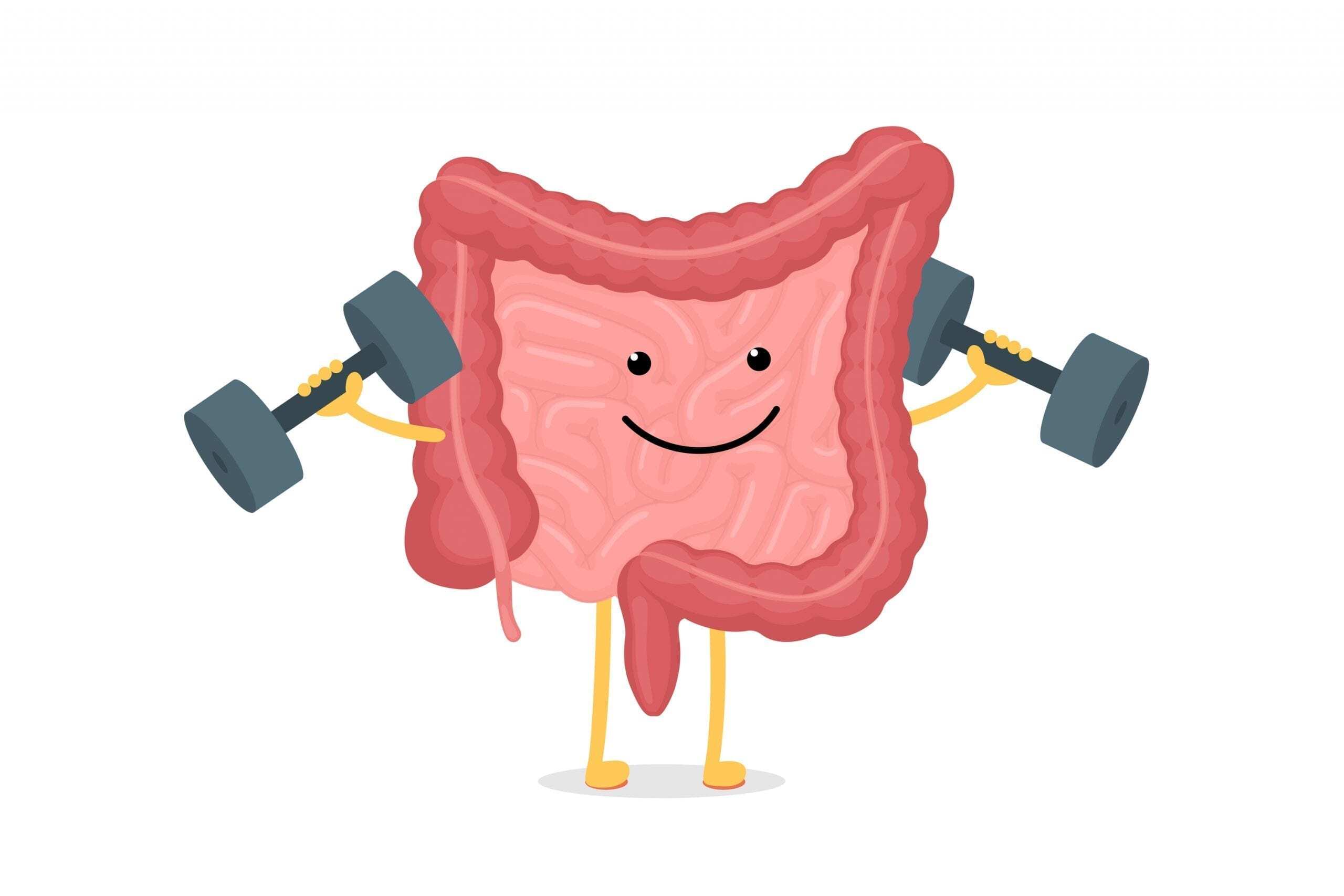Common respiratory diseases include lung cancer, bronchitis, asthma, influenza, and the novel coronavirus that is sweeping the world. All of these are more or less related to intestinal bacteria. The latest research from CUHK is the first to prove that coronavirus is related to intestinal microecological imbalance. The level of imbalance directly affects the strength of immunity. Supplementing intestinal probiotics can strengthen one’s own immunity.
Probiotics refer to the microorganisms that are beneficial to the human body after supplementation and are the general term for the beneficial bacteria required by the intestinal tract. Beneficial bacteria are an indispensable element of human health. They can synthesize various vitamins, folic acid and short-chain fatty acids, help food digestion, promote intestinal peristalsis, inhibit the growth of pathogenic flora, decompose harmful and toxic substances, etc.Insufficient probiotics can lead to an imbalance of gut bacteria. The CUHK research team analyzed the intestinal bacteria of 15 patients during hospitalization and found that the degree of intestinal bacterial imbalance, the amount of virus in the stool, and the severity of the disease are closely related. According to Professor Rao of Karolinska Institutes in Sweden, who studied the relationship between intestinal bacteria, lung bacteria, and immunity, it was found that the source of lung inflammation came from the intestine. It can be seen that the lack of intestinal probiotics will reduce immunity and become a gap for respiratory infections. In patients suffering from respiratory infections such as coronavirus, their gut microbiota will again have an ecological imbalance, with insufficient beneficial bacteria and increased harmful bacteria, causing immune system lesions and increasing the risk of subsequent infections. To reduce the chance of disease, and strengthen the immune system, eat probiotics that help balance the bacteria in the gut and prevent the vicious cycle of gut bacterial infections.
Probiotics are generally recognized as safe and effective health care products, and a large number of studies support the function of probiotics to fight viral and bacterial infections and relieve symptoms, and many of the data are from large-scale, credible double-blind randomized controlled trials and meta-analysis.For example, in a controlled trial involving more than 5,000 infants, Lactobacillus plantarum reduced the risk and severity of respiratory infections; Lactobacillus gasseri, Bifidobacterium longum, and Bifidobacterium bifidum have been shown to shorten the duration of flu symptoms in a study of more than 500 adolescents,Lactobacillus brevis showed similar effects in a study of more than 1,600 schoolchildren; in another randomized controlled trial, newborn babies treated with Lactobacillus rhamnosus. The rate of respiratory tract infections was two to three times lower than in the control group; Lactobacillus casei also reduced the frequency and severity of respiratory tract infections.

